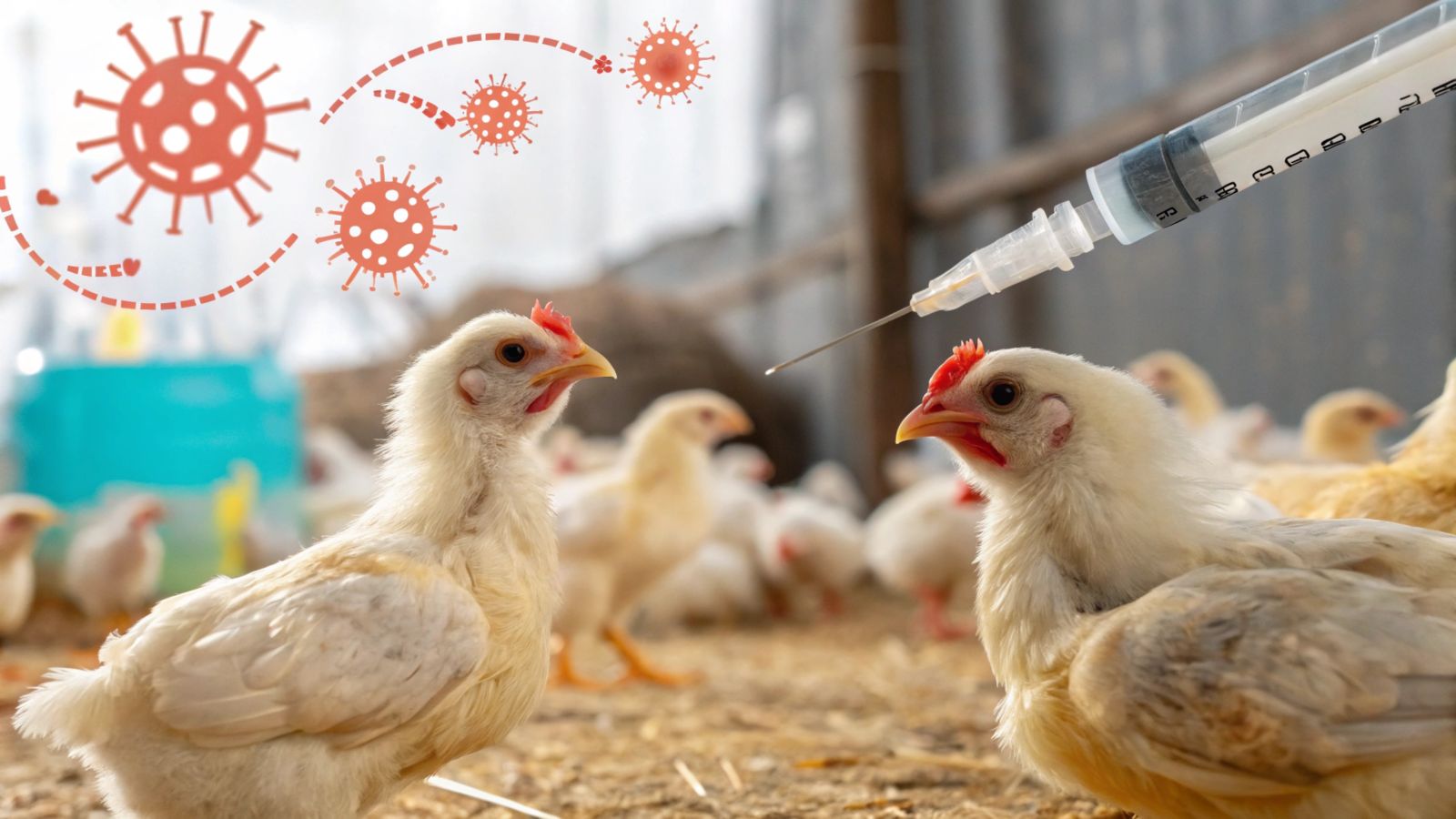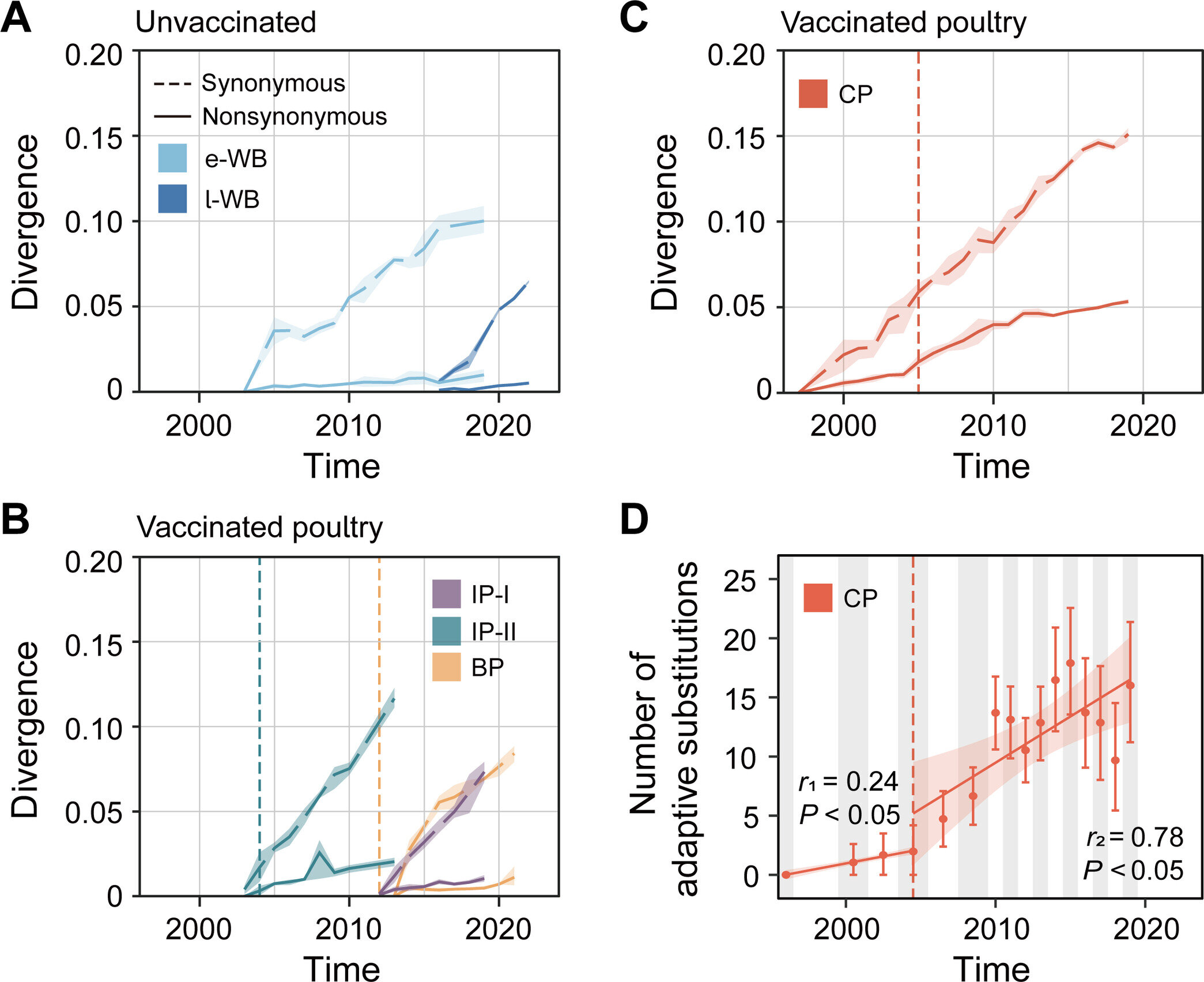Mutations accelerated by vaccination: towards more dangerous viruses? 💉
Follow us on Google News (click on ☆)

To test this idea, scientists studied the genetic sequences of a key element of the virus, hemagglutinin. This glycoprotein allows the pathogen to attach to host cells. Their analysis focused on samples collected between 1996 and 2023, from different regions of the world.
The researchers compared the observed mutations based on vaccination policies. Some countries, such as China, implement extensive vaccination campaigns, while others prefer to limit these interventions. These differences allow for the study of the potential influence of vaccines on virus evolution.
Unsurprisingly, the results confirm that unvaccinated birds contract the disease more frequently, proving the vaccine's effectiveness. However, another trend emerges: in areas where vaccination is widespread, the virus seems to evolve faster than in regions where it is less practiced.
The researchers suggest that these mutations could lead to gradual resistance to vaccines. Another risk emerges: increased virus evolution could theoretically facilitate its transmission to other species, including humans. However, these results should be interpreted with caution.

Temporal evolution of the HA gene of the H5 virus according to the infected host.
Credit: Science Advances (2025). DOI: 10.1126/sciadv.ado9140
The study only establishes a correlation between vaccination and the acceleration of viral evolution, without proving a cause-and-effect relationship. Further research will be necessary to confirm or refute this hypothesis.
This work reminds us that the use of vaccines in animal health can have unexpected consequences. Better understanding these effects is crucial to adapt strategies against avian flu and prevent potential interspecies transmission.
How do viruses evolve in response to vaccines?
Viruses evolve by accumulating mutations in their genome. These changes are random, but some allow them to escape the immune defenses induced by a vaccine. This phenomenon is called "viral escape."
When a vaccine is widely used, it exerts selective pressure on the virus. The most sensitive strains disappear, while those capable of bypassing immunity have a better chance of spreading. This can lead to the emergence of resistant variants.
This evolution is particularly rapid in RNA viruses, such as influenza or SARS-CoV-2 (Covid-19), because their genetic material undergoes many copying errors. Some mutations can give them an advantage, such as better attachment to cells or a weaker response to the immune system.
To limit this phenomenon, vaccines must be regularly updated. Monitoring mutations and adapting vaccination strategies are essential to maintain their effectiveness in the long term.